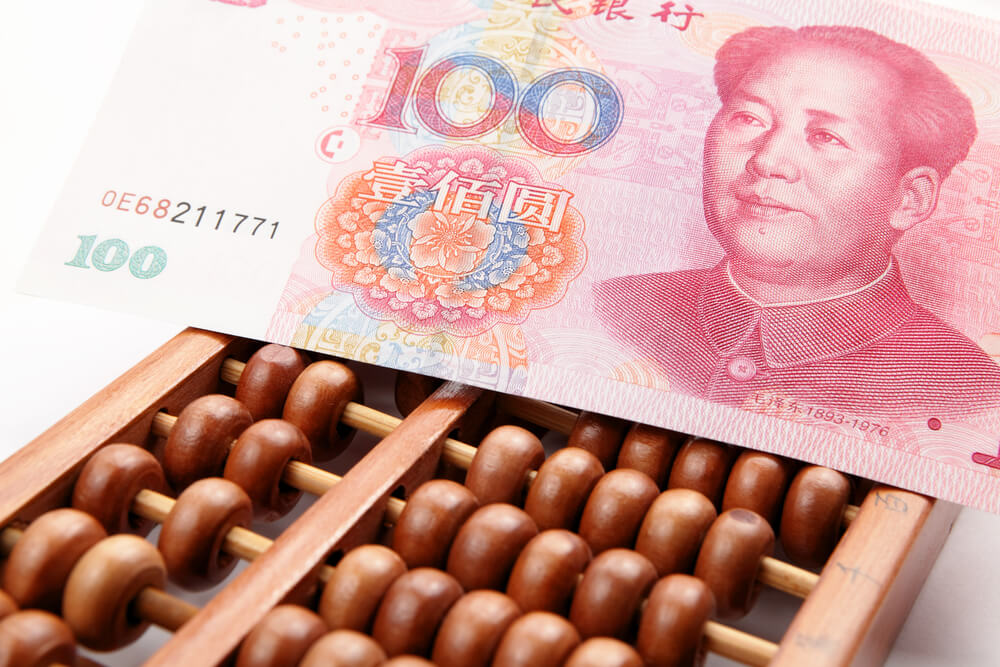China's Twitter generation prepares to fight the "Great Firewall"

Barely two months have passed since Xi Jinping was announced as the new leader of China in November 2012, and it already seems that the Twitter generation is beginning to prevail over the country's status quo regime. Clumsy censors wrote an editorial in the Southern Weekend newspaper without notifying the editors, and even added a glaring historical error. Censorship is commonplace in China, especially when it comes to liberal magazines like Southern Weekend, but this time the editors did not go over it in silence. They cried foul on China Weibo, China's popular micro-blogging platform, and spread a call for the removal of the person in charge of government propaganda in the province. Citizens of the network joined the call and signed online petitions, and protesters appeared on the streets of Guangzhou.
The event recalled the "Arab Spring" during which revolts originating in part from social media overthrew despotic regimes in the Middle East and North Africa. Indeed, the Chinese authorities caved in to the protesters in Guangzhou, and reportedly gave the paper greater independence in its future operations. This incident marks a new level of openness in the way Chinese authorities deal with protest online and in the streets. Some commentators said the incident could be a sign of even more radical political change to come. However, the chance of this is not great.
For more than ten years, China's ruling Communist Party has been under pressure from emerging information technologies: the Internet, blogs, and social media. In Western eyes, what is happening in China is often seen as a struggle of rebels against an autocratic state. But it is more accurate to think of China's social media revolution as a tai-chi-style competition: a protracted tangle of slow steps and tactical retreats, the outcome of which is not determined by a few powerful blows. The state authorities and disgruntled citizens perform a kind of semi-dictated war dance, changing their position constantly to evade or absorb the strength of the opponent while waiting for the right moment to attack themselves.
The same technology that helps citizens communicate with each other and organize also helps central and local government create smoke screens and confuse. China is aggressively censoring websites in order to reduce expressions of dissent and protest online. Often, following the appearance of a new online protest, new regulations are put in place and sites are forcibly shut down. This is what happened in 2000, when the first regulation for the regulation of electronic bulletin boards was implemented. After crude sanctions failed to stop the protest online, the government turned to more sophisticated measures: seeding anonymous commenters on the Internet in order to promote the partisan line of thought in the blogging community. According to a report produced by the official news site People's Daily Online, at the end of 2012 Sina Weibo alone had more than 60,000 active government accounts. The government, thanks to its vast resources, can pour out a large amount of information through the Internet in order to defuse any controversy.
The citizens of the network and the activists fight back in creative ways. To avoid filtering by keywords, they talk about sensitive topics using historical references, puns and similar methods. Some gain access to blocked websites, such as Twitter, with the help of software and proxy servers. They adapt, compromise, withdraw or exert counter pressure while carefully assessing the circumstances and taking advantage of opportunities. Their number is increasing. In December 2010, there were 63 million microbloggers in China, out of 457 million Internet users. Today, more than 300 million Chinese are engaged in microblogging.
The tide of online protest in recent years has forced the state to recognize more the legitimacy of opinions expressed online. However, the Southern Weekend story shows that there is no revolutionary simmering here that threatens to erupt, but negotiations between the authorities and the rebels. Sina and Yabo quietly tightened the supervision and the screening in it. The police came to the protesters in Guangzhou, but did not resort to violence and the matter ended peacefully. No senior member of the party was removed from his position.
________________________________________________________________________________________________________________________________________________________________
About the author
Guobin Yang is a professor at the University of Pennsylvania and the author of The Power of the Internet in China: Online Civic Activism (Columbia University Press, 2009).


